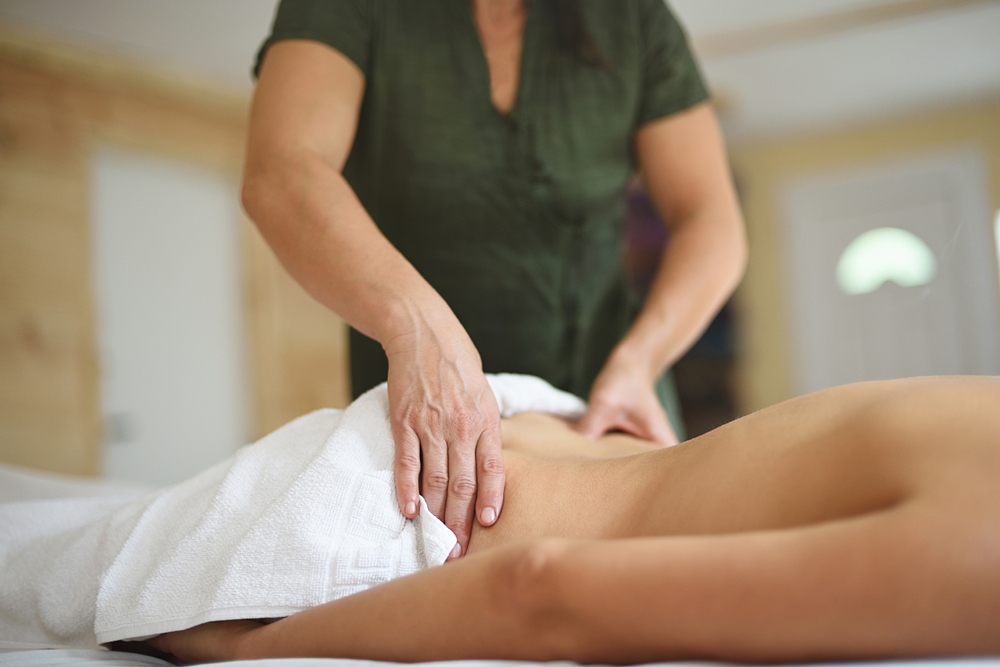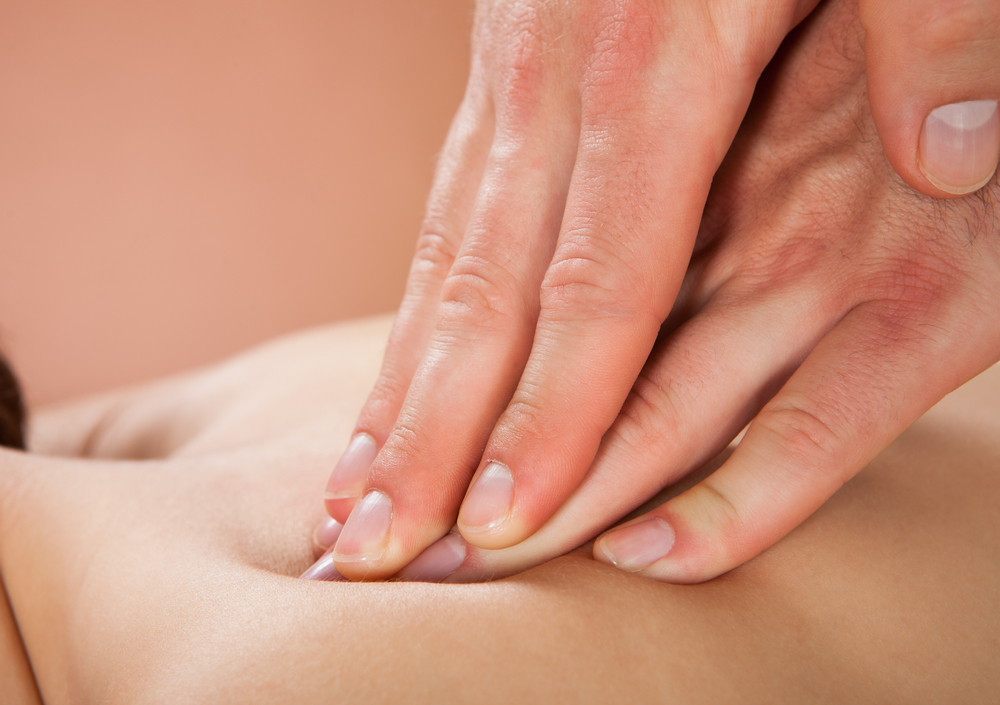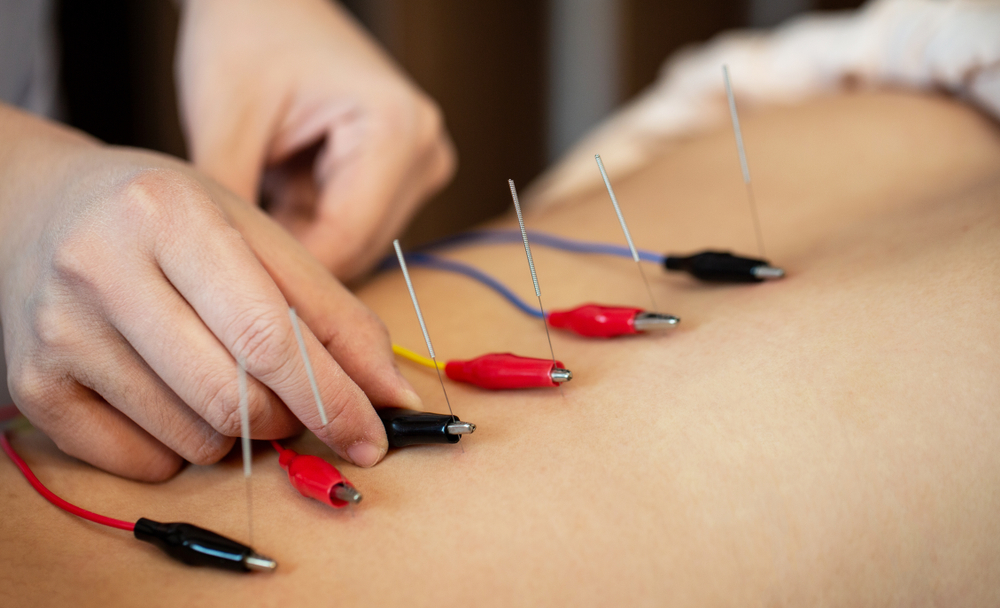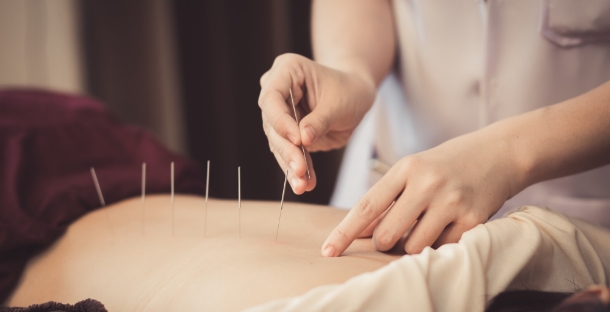
Acupuncture for TMJ Disorders
There are few types of pain that are harder to cope with than mouth and jaw pain. It affects both your ability to speak and eat – two things we do quite often. The most common source of jaw pain is the temporomandibular joint (TMJ), which is the joint that connects your lower jaw to your skull. As this joint is constantly in use, it’s important to understand the causes of pain, how to prevent them, and how to effectively treat TMJ pain when it happens.
What are Temporomandibular Joint (TMJ) Disorders?
Temporomandibular joint dysfunctions (TMD) are a type of condition that affects the joints in your jaw and the surrounding muscles and ligaments. These conditions can be extremely painful and between 4 and 12 percent of adults will experience TMD in their lifetime, with women and people assigned female at birth being 10 times more likely to experience it. There are three categories of dysfunction: disorders of the jaw, disorders of the chewing muscles, and headaches that result from TMD.
Causes
As there are several categories of TMD, there are also many different causes of dysfunction of the temporomandibular joint. They include:
- Jaw injury
- Teeth grinding or clenching
- Arthritis in the jaw joint
- Malocclusion (teeth not fitting together properly)
- Chronic or acute stress
- Depression or anxiety
Symptoms
The symptoms of TM are pretty varied, and some you may not even realize are the result of TMD. There are the obvious symptoms of pain that radiates from your jaw and face, stiffness in your jaw, difficulty opening or closing your mouth, and jaw popping or clicking. TMD also causes shoulder and neck pain, headaches, migrains, earaches, toothaches, and tinnitus (ringing in the ears), as well as changes in how your teeth fit together.
What is acupuncture?
Acupuncture is a branch of Traditional Chinese Medicine (TCM) that uses very thin needles inserted into your skin to stimulate and regulate the flow of your vital energy or Qi (pronounced “chee”). Imbalance and stagnation of Qi manifest in the physical symptoms of illness, disease, and other physical ailments. These dysregulations of energy can be treated through applied stimulation of acupoints along natural pathways in your body called meridians.
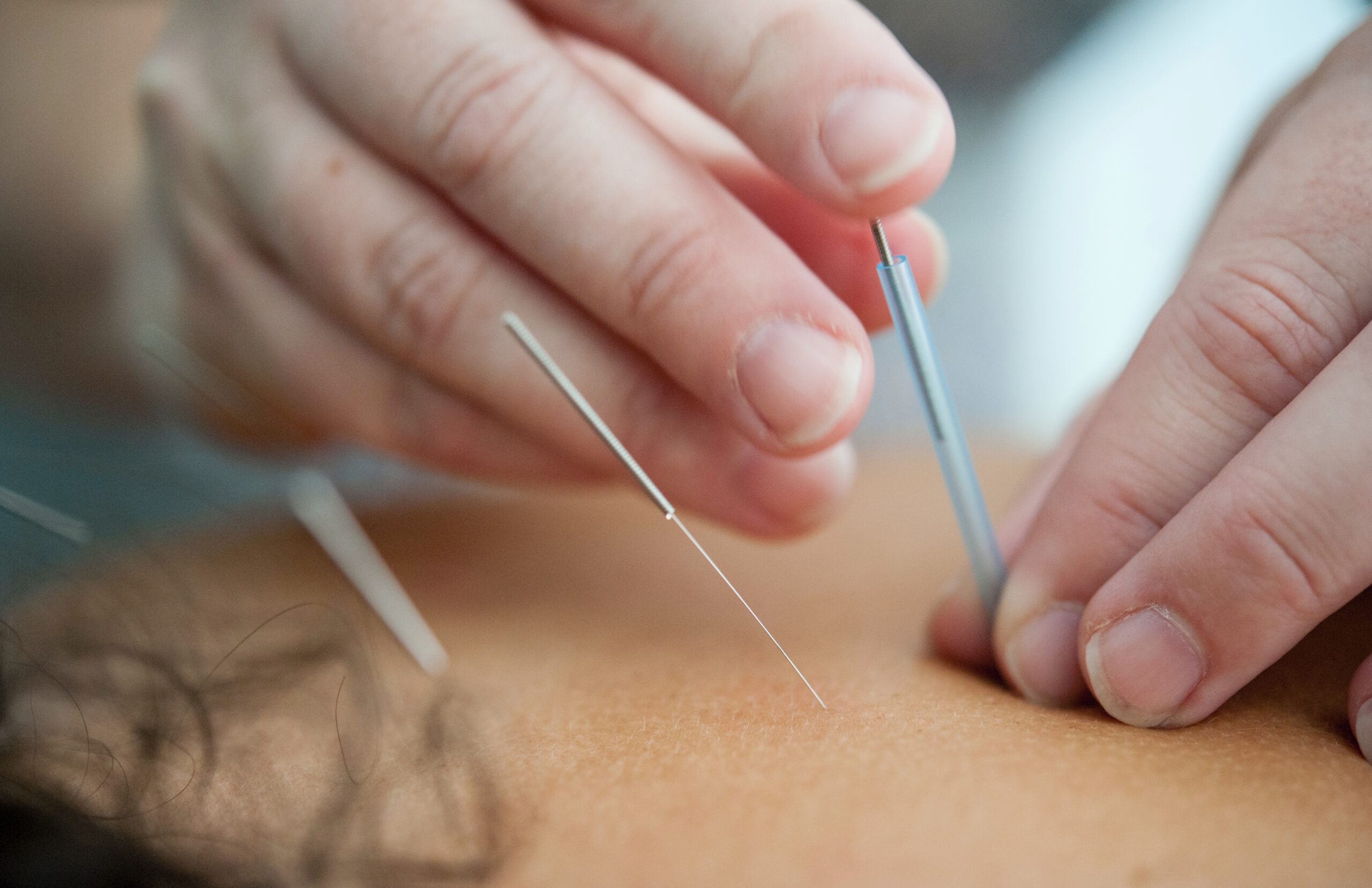
How can acupuncture help with TMD?
Acupuncture, in general, is very effective at treating and relieving pain without the need for prescription medications. There are several ways acupuncture does this. The first is that the treatments will relax tense muscles and promote the release of endorphins and other biochemicals to increase feelings of relaxation and wellbeing. Specific to TMJ pain, acupuncture releases trigger points in your jaw. Lastly, acupuncture is particularly effective at reducing inflammation, which is often present at the site of pain. By reducing inflammation, your body is more able to heal on its own.
Other tips for relieving and preventing TMJ pain
Dealing with TMD flare-ups can be all consuming. They make it hard to speak and eat, and will keep you up at night. While acupuncture is very effective at treating TMJ pain, there are also things you can do at home to manage your symptoms in between appointments.
- Wear a mouth guard while sleeping
- Avoid hard, crunchy, or chewy foods
- Apply moist heat when experiencing a dull, persistent ache
- Apply a cold pack when experiencing short, sharp pain
- See your dentist regularly
- Avoid opening your jaw very widely
- Focus on reducing sources of stress or anxiety
- Consider seeking counseling for the underlying issue that may be causing TMD
TMJ pain is not joke, but you don’t have to continue suffering. Book an appointment today to help relieve and prevent your TMD symptoms.
